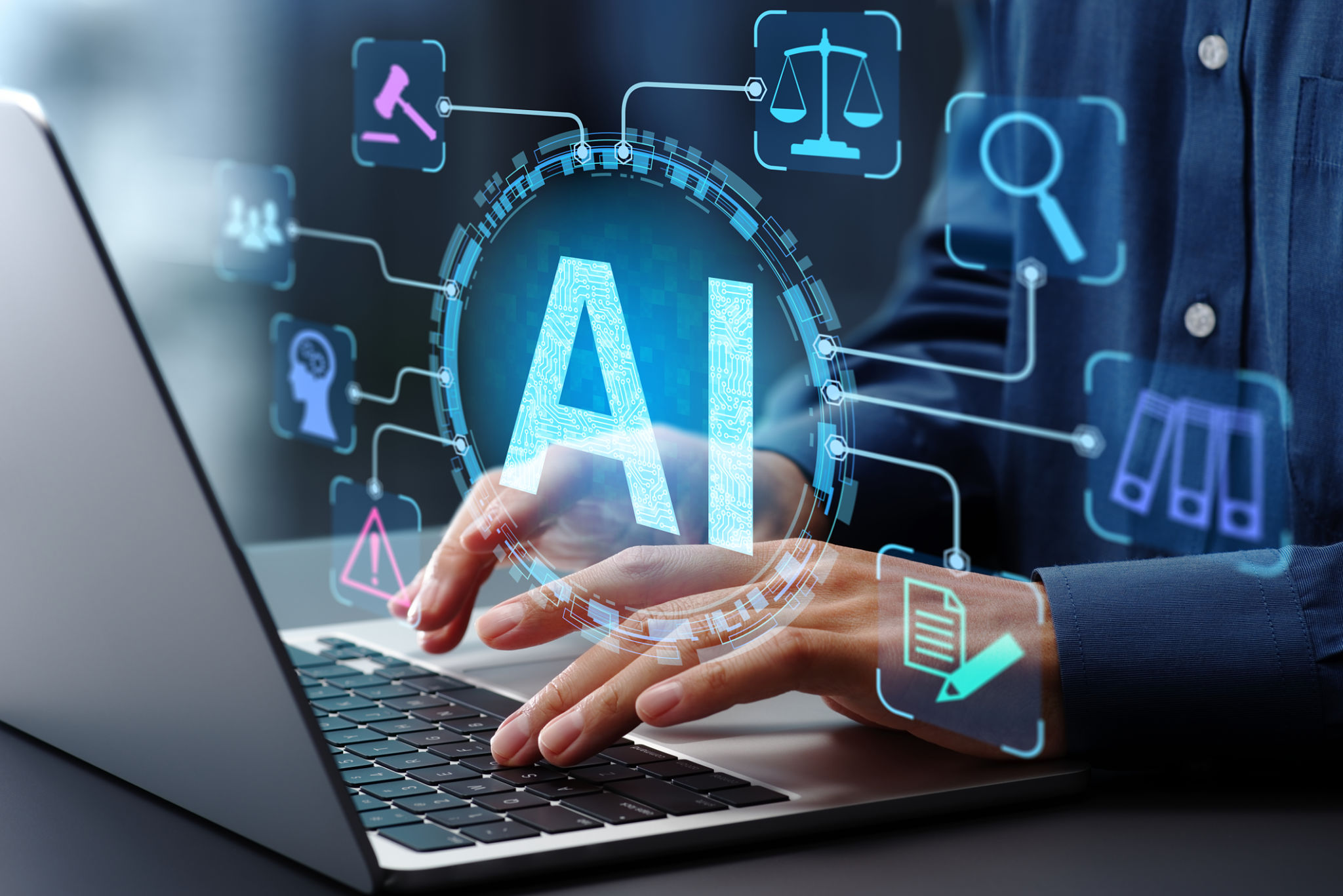AI Trends Every Executive Should Know
The Rise of Generative AI
In recent years, generative AI has emerged as a transformative force across various industries. This branch of artificial intelligence focuses on creating new content, such as text, images, or music, based on existing data patterns. For executives, understanding generative AI is crucial as it can be used to automate creative processes, generate realistic simulations, and even design new products.
The potential applications of generative AI are vast. In marketing, it can personalize content at scale, delivering tailored messages to individual customers. In design, it can rapidly prototype new concepts. As this technology continues to evolve, staying informed about its capabilities and limitations will be essential for leveraging its full potential.

AI in Decision-Making
Another significant trend in AI is its integration into executive decision-making processes. AI-driven analytics tools can process massive datasets far more efficiently than human analysts, providing valuable insights that inform strategic decisions. These tools can identify trends, predict market changes, and optimize operational efficiencies.
Executives should recognize the importance of AI in enhancing decision accuracy and speed. However, it is also vital to maintain a balance between data-driven insights and human intuition. The combination of AI analytics and executive experience can lead to more informed and effective business strategies.

AI and Cybersecurity
Cybersecurity remains a critical concern for businesses worldwide, and AI is playing an increasingly important role in this domain. AI-powered systems can detect and respond to threats in real-time, identifying unusual patterns that may indicate a security breach. This proactive approach can significantly reduce the risk of cyberattacks.
For executives, investing in AI-driven cybersecurity measures is not just about protection but also about maintaining customer trust and safeguarding corporate reputation. As cyber threats become more sophisticated, the use of AI in defense strategies will continue to grow.

The Ethical Implications of AI
As AI technologies advance, ethical considerations have become a focal point for executives. Issues such as data privacy, algorithmic bias, and the potential for job displacement need careful attention. Businesses must develop ethical guidelines to navigate these challenges responsibly.
Executives should ensure transparency in AI operations and engage with stakeholders to address concerns about fairness and accountability. By doing so, they can foster trust and ensure their AI initiatives align with broader societal values.
AI for Sustainability
Sustainability is another area where AI is making a significant impact. AI technologies can optimize resource use, reduce waste, and enhance energy efficiency across industries. From smart grids to precision agriculture, AI solutions are helping companies achieve their sustainability goals.
For executives, embracing AI-driven sustainability initiatives not only contributes to environmental conservation but also enhances brand value and meets consumer expectations for responsible business practices. This alignment with sustainability trends can provide a competitive edge in the marketplace.

Conclusion
In conclusion, staying abreast of AI trends is essential for executives aiming to drive innovation and maintain a competitive advantage. Whether it's through generative AI, decision-making tools, cybersecurity enhancements, ethical considerations, or sustainability efforts, the impact of AI is profound and far-reaching. By understanding these trends, executives can harness the power of AI to propel their organizations forward in an ever-evolving digital landscape.